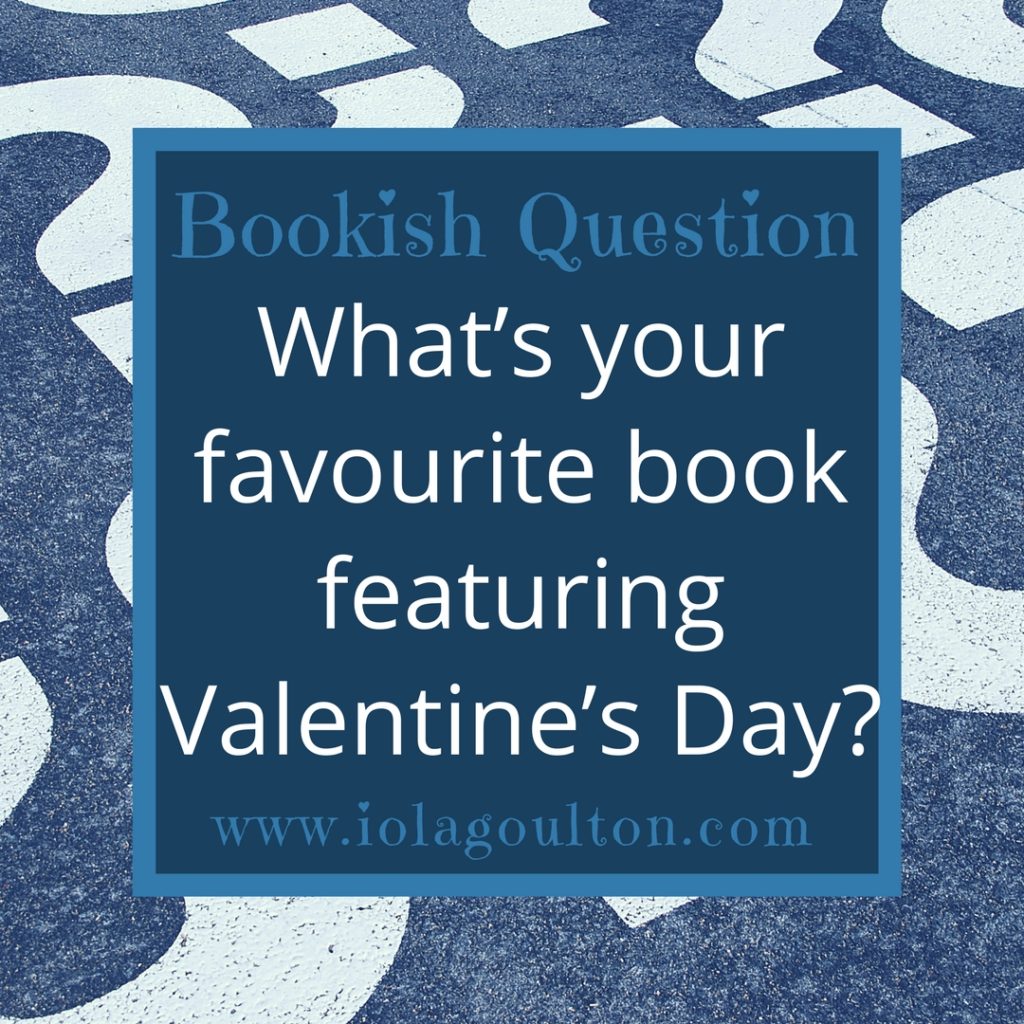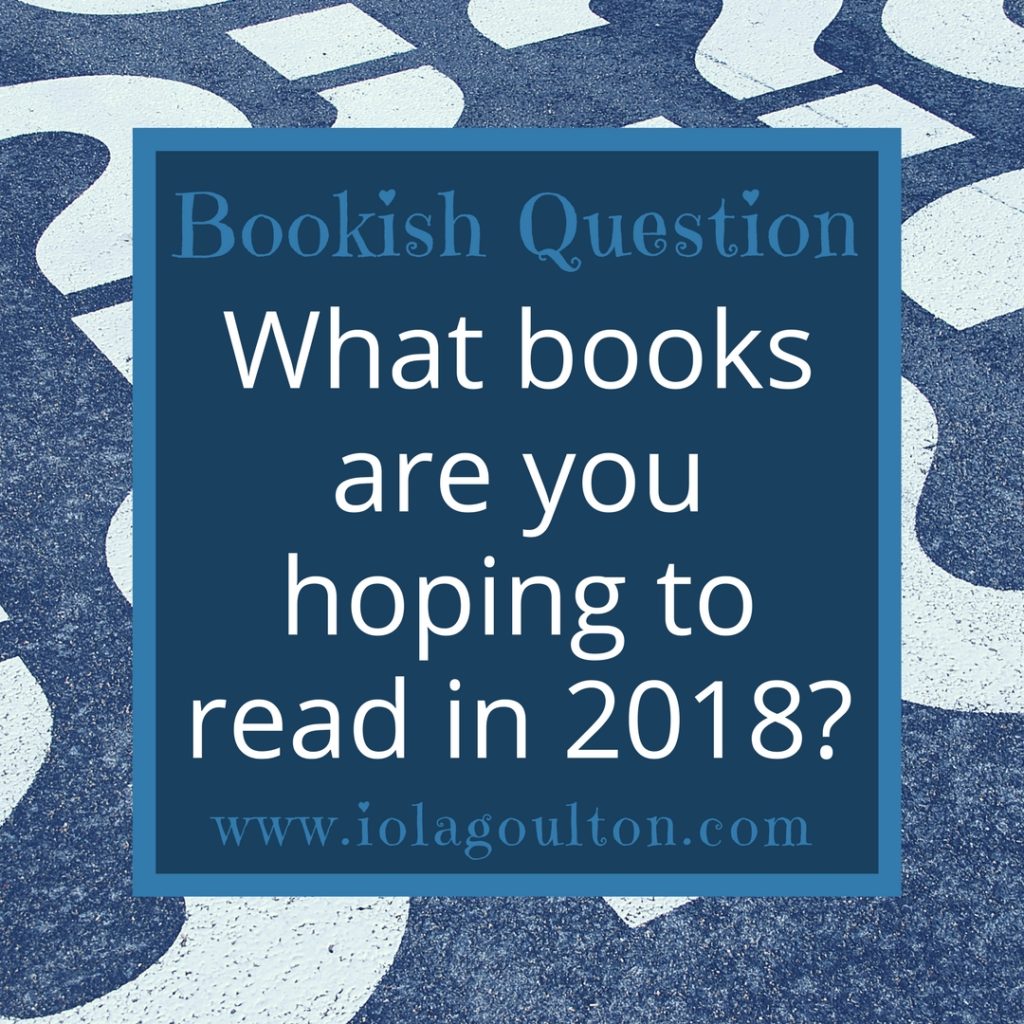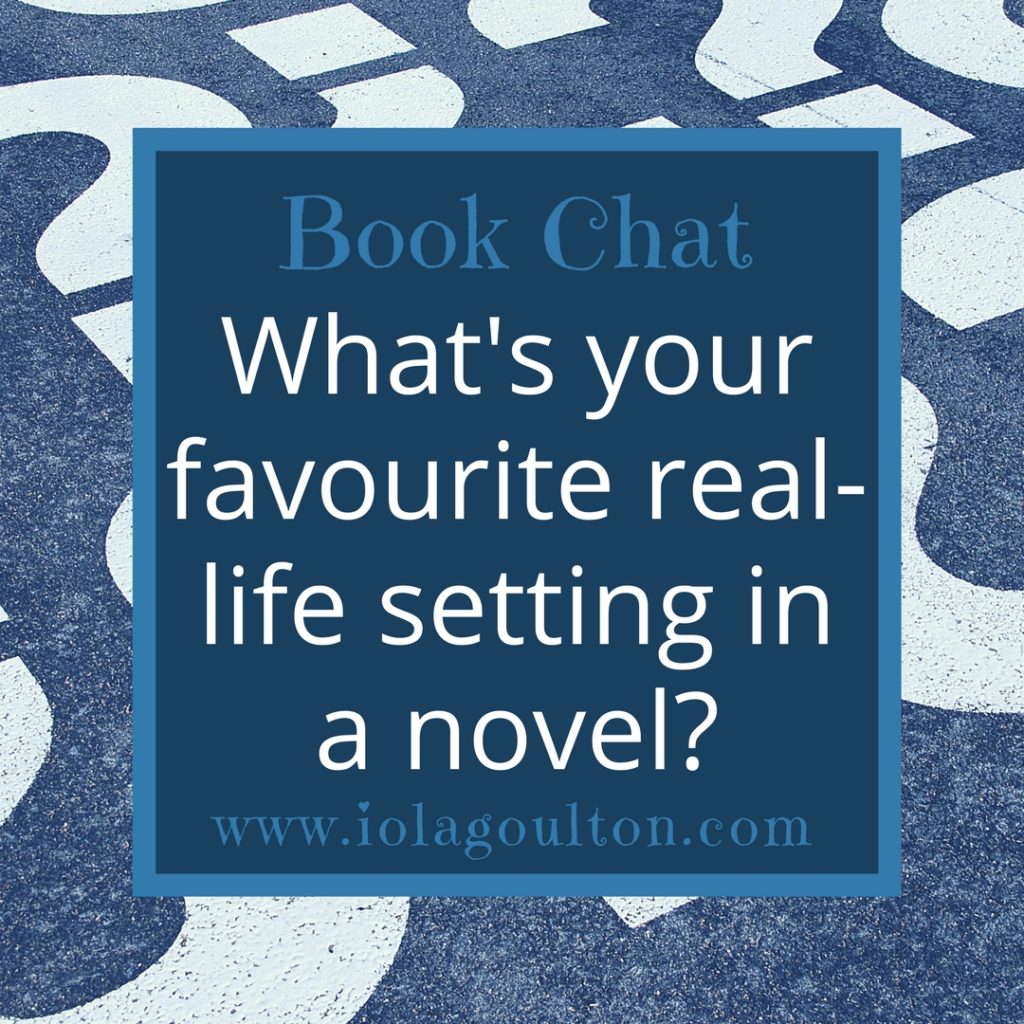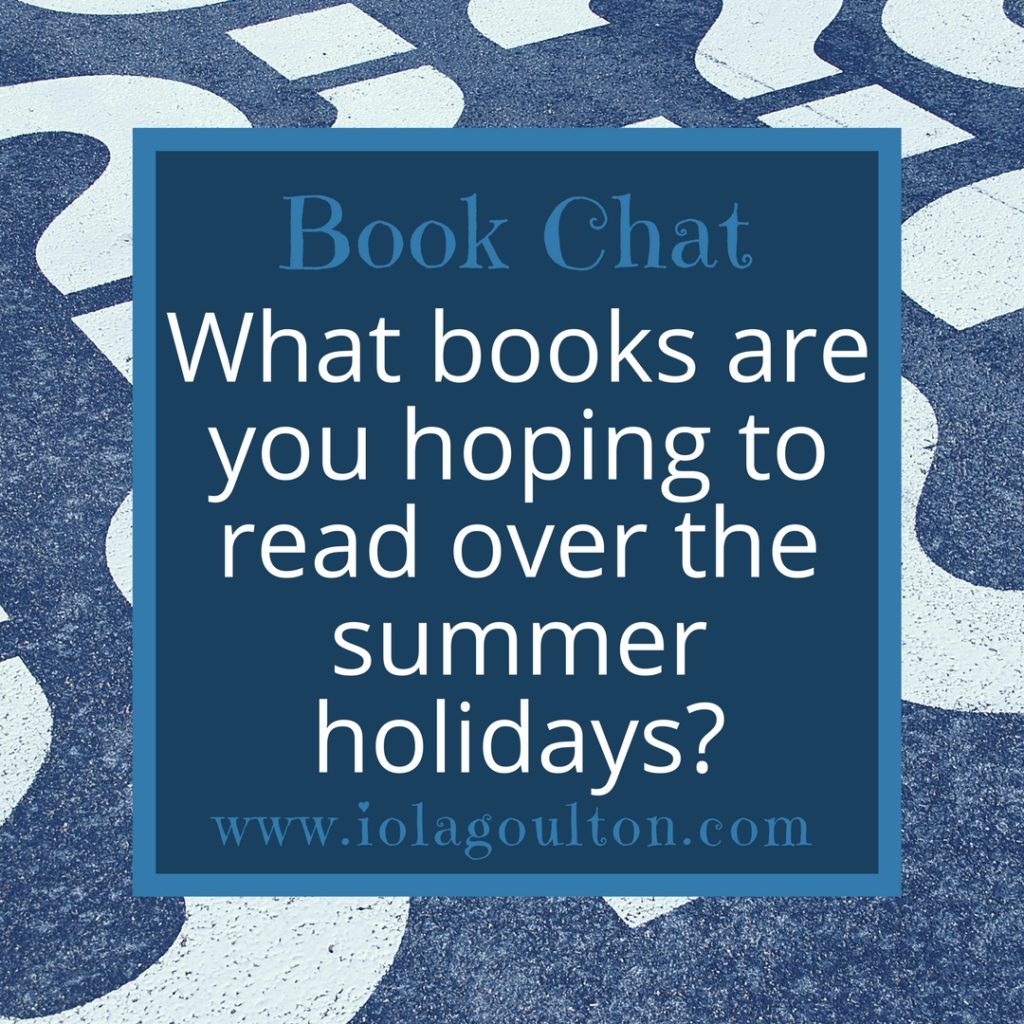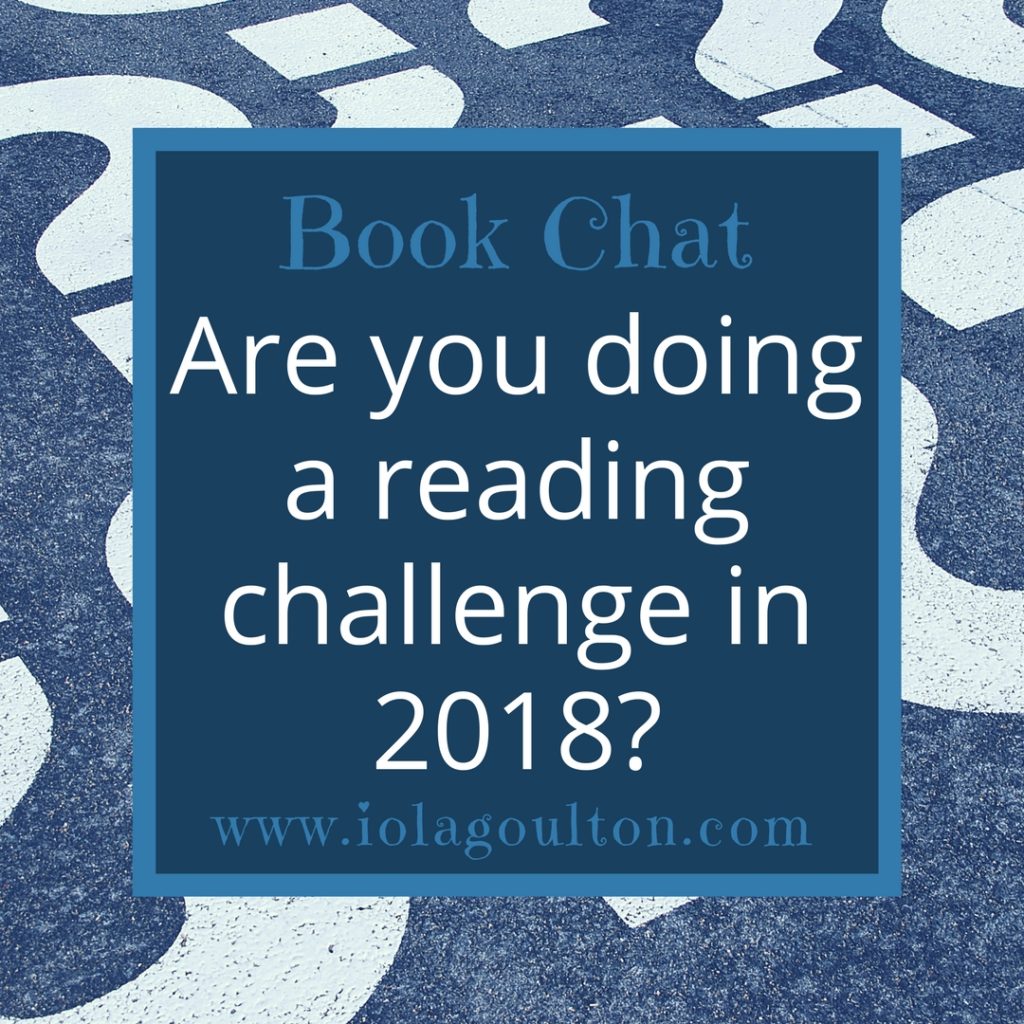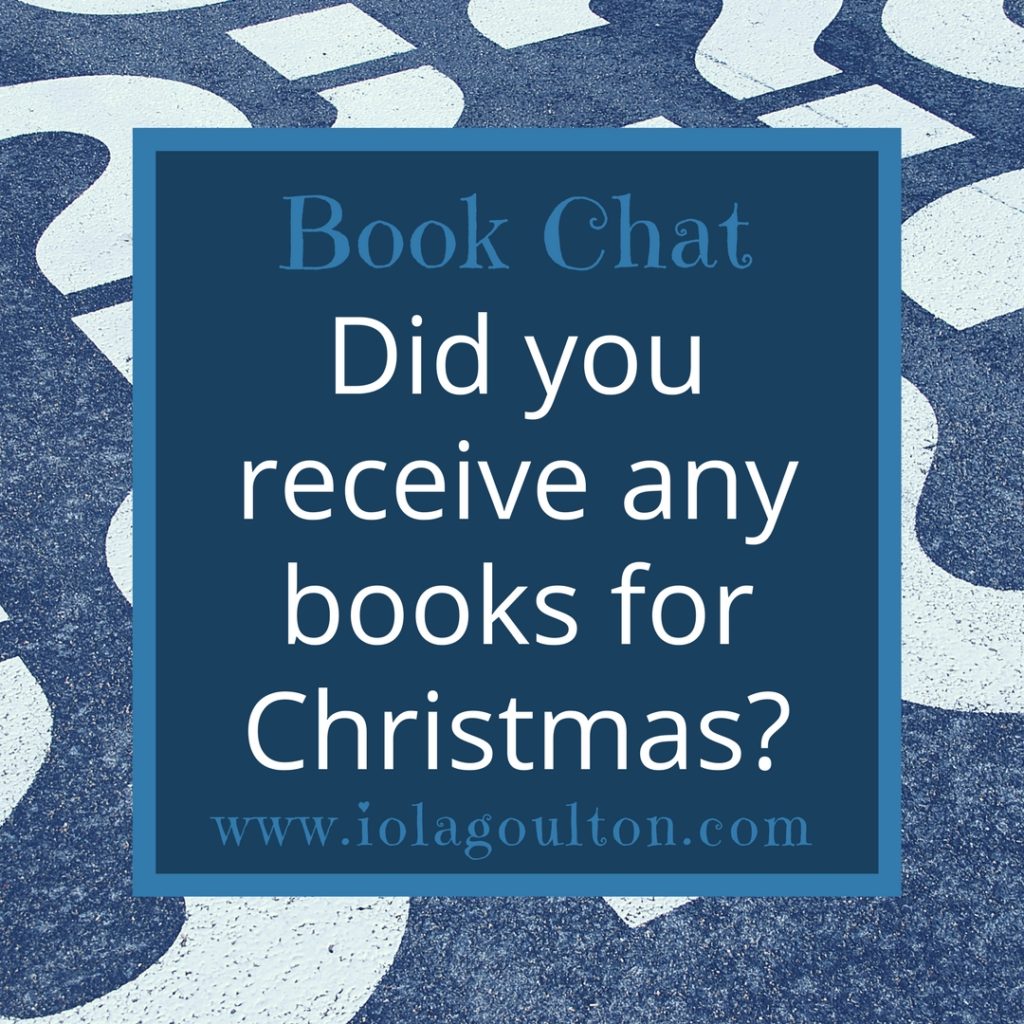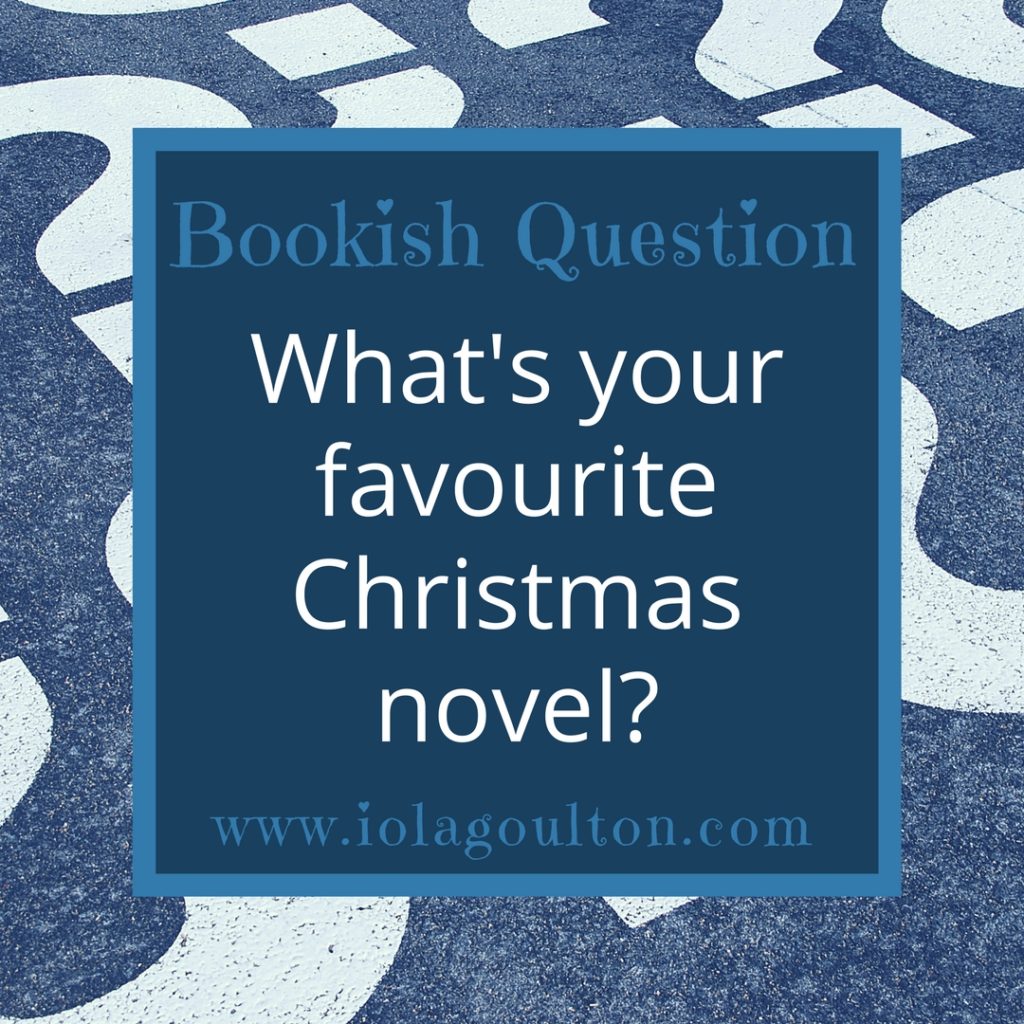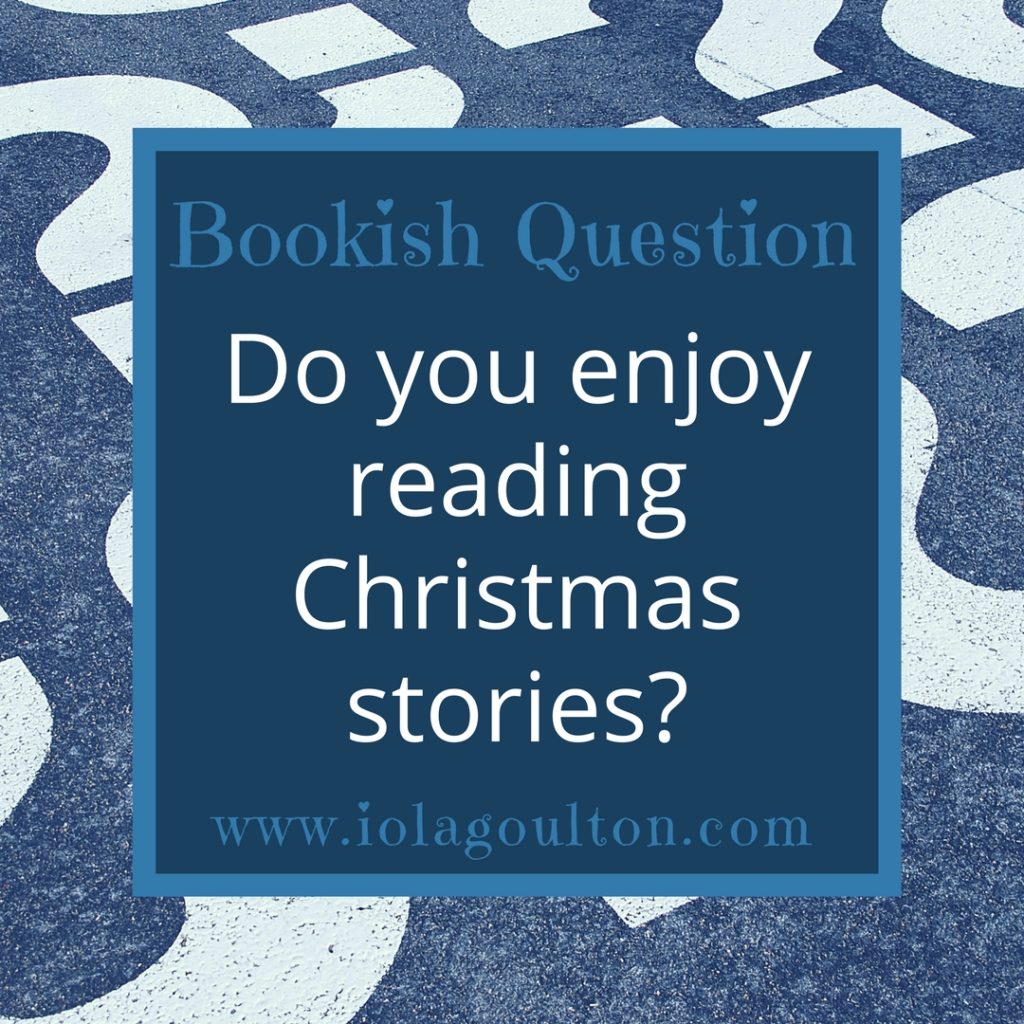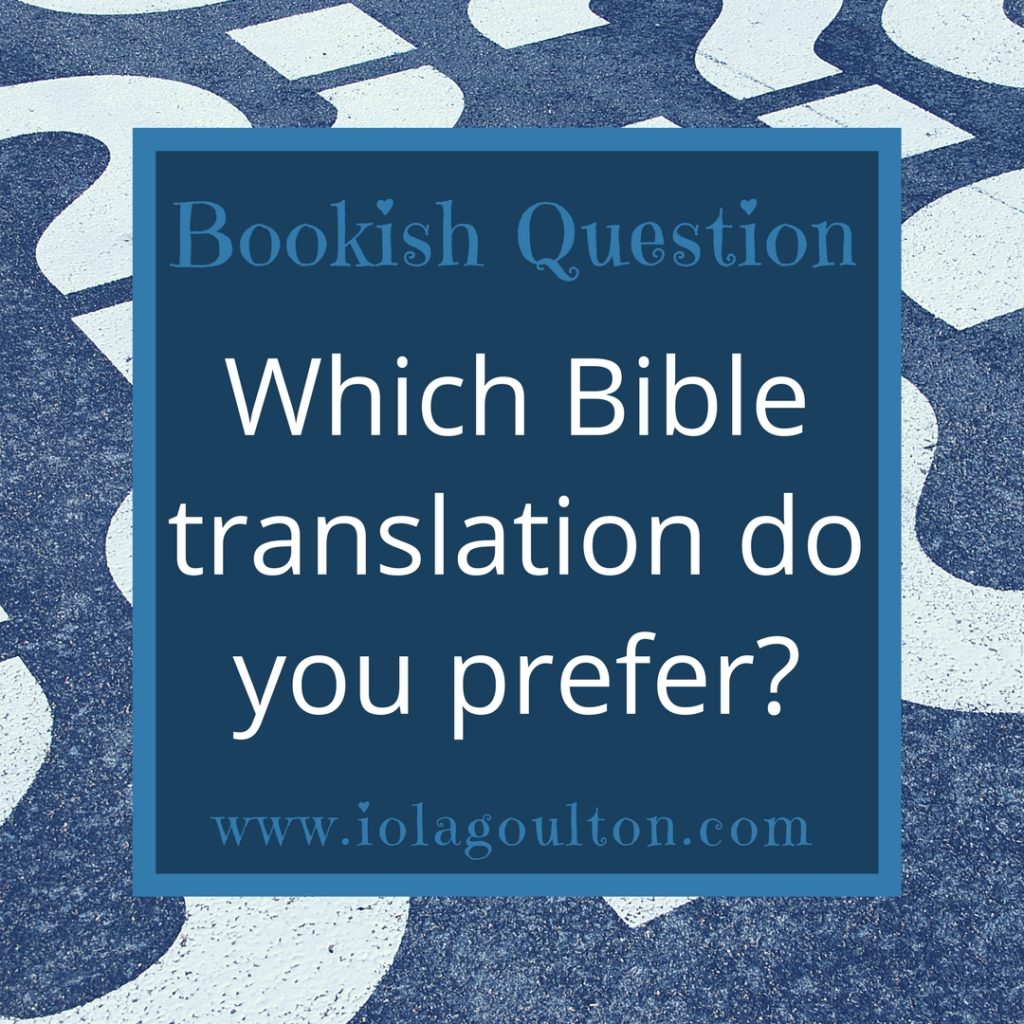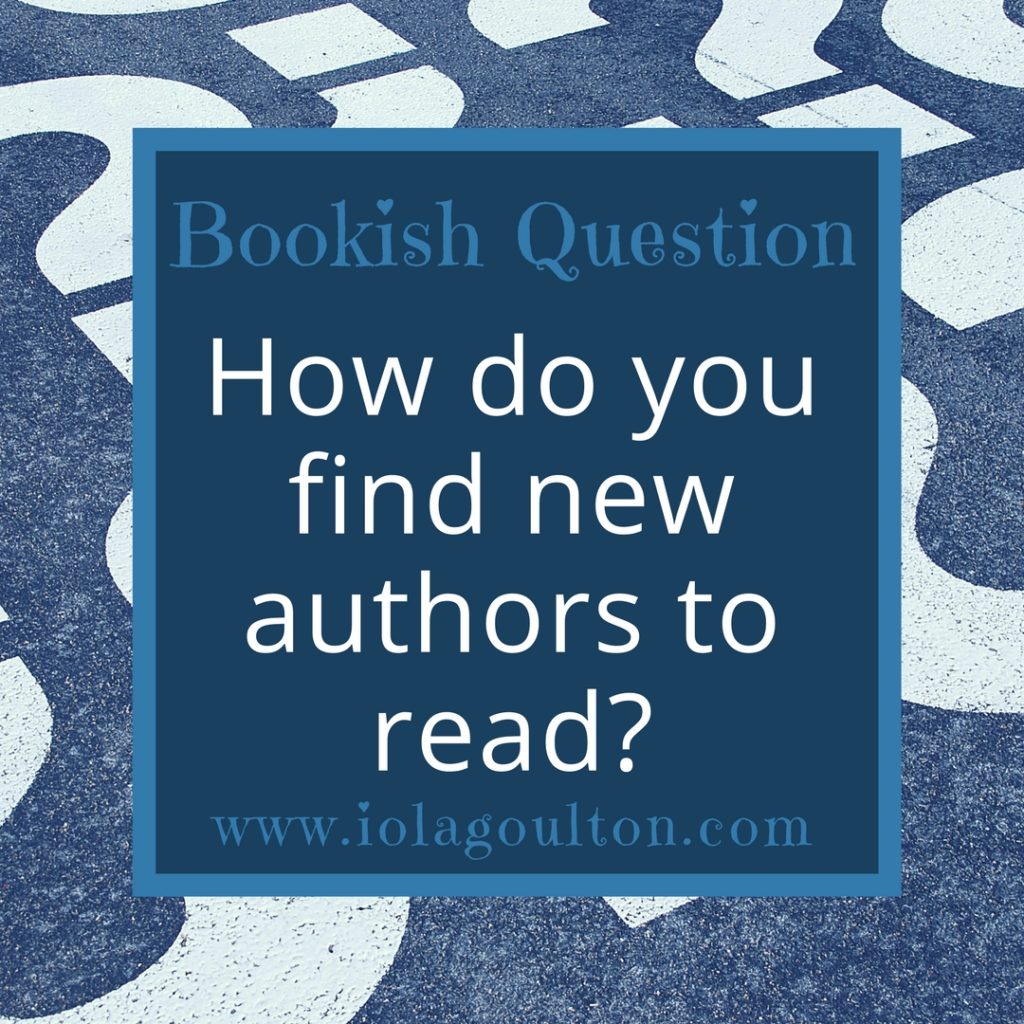This week I’m looking at the obvious follow-up question: how do you find out about new authors?
I’ve been reviewing books for a little over six years now, and it’s amazing to think how my answer to this question has changed in the last five to ten years. Once upon a time, I discovered new authors and new books in only one way: by visiting my local Christian bookshop (or bookshops, as they often carried different stock).
Then I discovered mail order—Koorong at first, then Amazon and Book Depository (back in the old days, before they were bought by Amazon). Then I moved to a smaller city where the public library system carried a lot of Christian fiction (helpfully identified by the cross sticker on the spine).
Later, I discovered Amazon reviews, Amazon Top 100 genre lists, and Amazon discussion forums (which have recently been deleted). Through Amazon, I discovered Goodreads and book blogs. And NetGalley, Edelweiss, and book blogger programmes. So I became book blogger …
I now find the books I read and review from three main sources, and a bundle of others:
NetGalley
I get most of the ebooks I review from NetGalley (click here to read my blog post Introducing NetGalley). I can search for books classified as Christian, or I can search through the publishers I’ve marked as favourites.
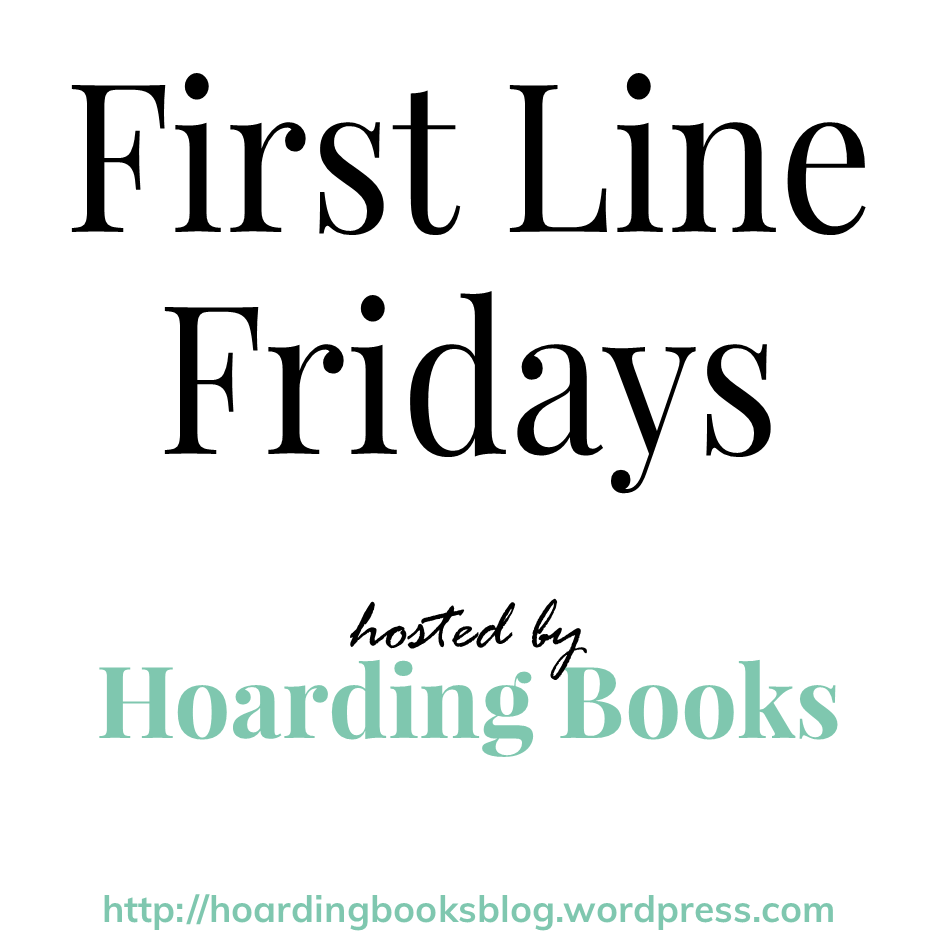
There are thousands of book bloggers, and probably hundreds of blogging groups with various themes. Some groups have what they call a “meme”, where they all post a linked post at the same time each week. I particiate in FirstLineFriday, which is a group of (mostly) Christian fiction bloggers.
I add at least one book to my to-read pile every Saturday after reading the #FirstLineFriday posts! This may or may not be a good thing ..
Authors
As a book reviewer, I’m also approached directly by authors looking for reviews for the books they’ve published. Many of these requests are clearly outside my preferred genre (like being offered general market memoir when I say I review Christian fiction). Others are within my genre, but I can only accept the offers which excite me—reviewers aren’t paid, and I can’t read every book I’m offered.
Other Sources
I also find some books through other sources, such as Amazon, BookBub (and other mailing lists), Facebook (e.g. the Avid Readers of Christian Fiction group), Goodreads (what my friends are reading and reviewing), and through author email lists (perhaps that’s a topic for another week).
What about you? How do you find new authors to read?

